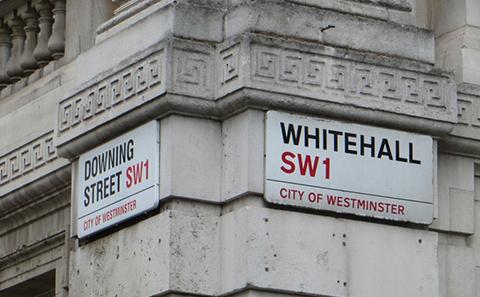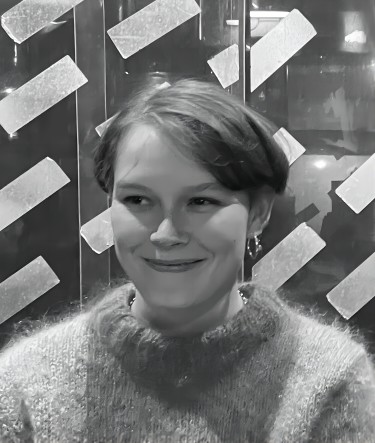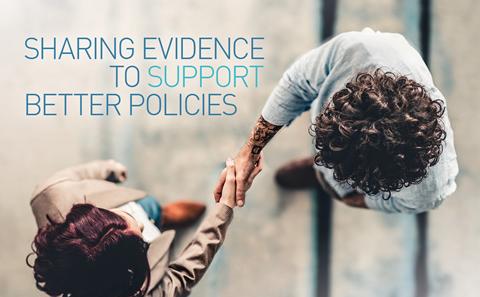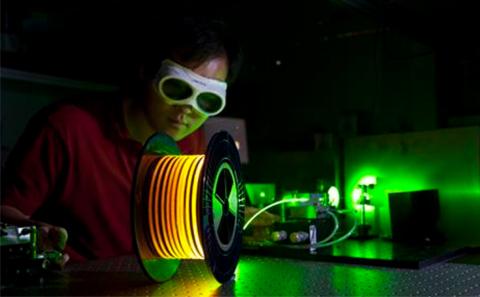
Policy Projects
Learn about PPS led current collaborative projects between the University of Southampton researchers and UK Government and Parliament.
24 March 2023
Laura Mitchell

I recently completed a three month placement with Hampshire County Council (HCC). I worked as a qualitative researcher in the Public Health insights team. The team at HCC were incredibly welcoming - I was immediately brought into team meetings and made aware of the inner workings of the council. There was flexibility built into the placement, as my manager would inform me of potential projects and I was afforded the choice to work on what interested me most (while making sure I had enough to fill my time). I contributed here and there to many projects, and sat in on wider meetings, but the bulk of my work over the three months consisted of evaluating the community research network; desk research and stakeholder engagement for the first 1,001 days (pre-conception to two years old); desk research and research methods design for adult safeguarding; and data analysis for a bus-stop survey.
During my time at the council I developed my research design, interviewing, analysis and writing skills. One example is my evaluation of the community research network. The network was set up by HCC during COVID-19 to hire ethnically minoritised people to be researchers, to access residents that the council were not previously reaching with their surveys. I designed and conducted interviews with the community researchers, and HCC staff members, with the aim of understanding, from both sides, what was working and what could be improved. Using thematic analysis, I analysed my findings and wrote up a report that I presented back to the council and the community research network the findings. There was plenty of positive feedback, but also constructive suggestions on where the council could improve the running of the network and impact of the research. This experience was interesting and rewarding; it was enjoyable to learn about the network through the researchers and hear about the successes of the projects. Where there were challenges, it was important that the researchers had an opportunity to anonymously report these, and I could weave together analysis using the HCC staff member’s stories too. I quickly learned how to re-orient my depth of analysis and writing style to deliver a full research report in 2 months. I hope that my evaluation will improve the running of the network and the experience of being a community researcher for the council.
I feel that through working on a range of projects I have learned not only about these issues, but I have also gained an understanding of the running of councils and the collaboration of teams across sectors. I found my research and communication skills were relevant and helpful, and it was empowering to feel qualified and receive good feedback on my work. Doing research as part of this team (as opposed to independently like a PhD) was fulfilling – interactions with wider council members and hearing resident’s views (through data) gave meaning to the work. Everyone was working to make Hampshire a better place for the people living there.
I feel refreshed returning to my PhD, having had a break from thinking about my research. I have a better attention span and a renewed sense of energy and gratitude for my own project. I would recommend doing a placement to anyone considering it.

Learn about PPS led current collaborative projects between the University of Southampton researchers and UK Government and Parliament.

Click here to listen to our Policy Podcast series. In each episode we speak to UoS researchers and experts, about their experiences confronting critical issues in the domestic and foreign policies.

Guidance on the many channels available to researchers to engage with policymakers.

Guidance on things to consider in the science to policy process and useful tips in planning and costing your impact activities.